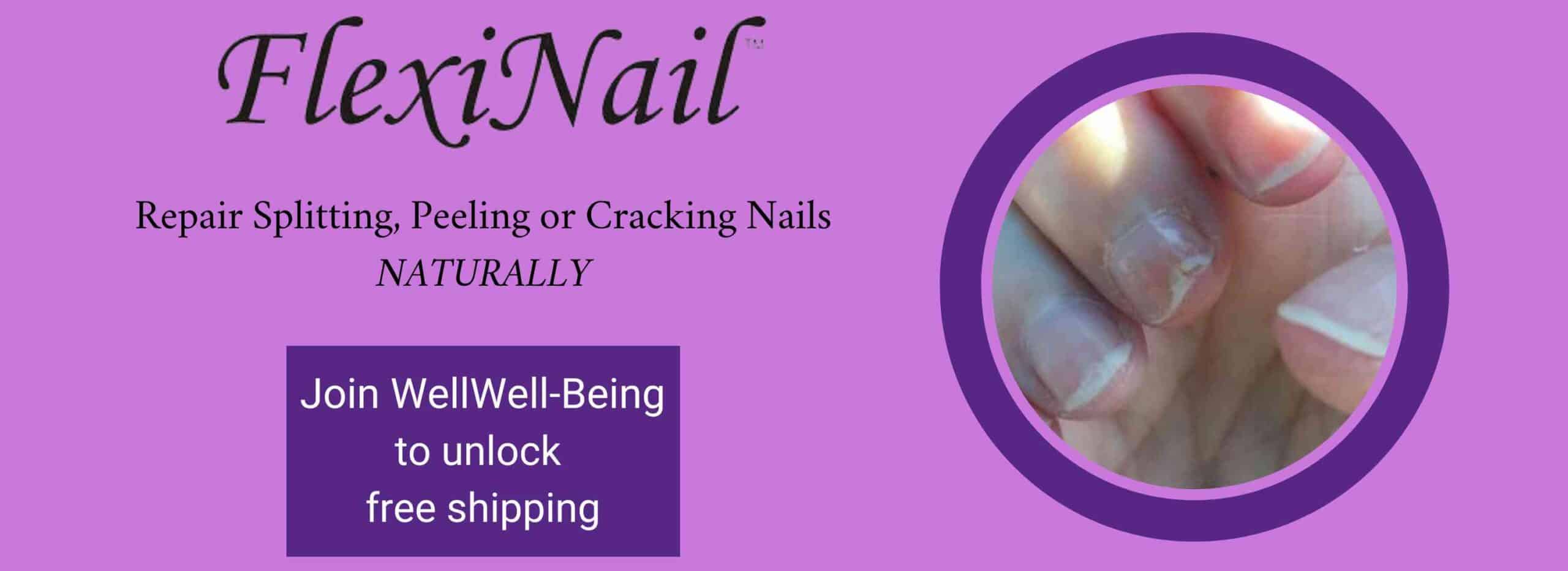By Sean Zucker –
The World Health Organization (WHO) has previously declared that anxiety disorders are the most common mental disorders on the planet. In fact, WHO reports that over 300 million people across the globe currently suffer from anxiety disorders. Given that level of prevalence, it may come as a surprise that many experts warn that the emotion itself is still widely misunderstood. Not for its symptoms or treatment, but rather its underappreciated benefits.
To be clear, anxiety is a real condition and the professionals confirm it. WHO reports that while everyone can feel occasionally anxious, those with anxiety disorders experience intense and excessive fear and worry that result in additional symptoms. These can include trouble concentrating, issues with decision-making, feelings of irritability or restlessness, nausea, heart palpitations, trembling and trouble sleeping, all of which can interfere with everyday life.
Anxiety disorders even come in different flavors or shades. Who cites generalized anxiety disorder, social anxiety disorder or specific phobias just to name a few. The legitimacy of these disorders is not debated. However, a larger issue seems to be their growing social acceptance is unintentionally leading to overtreatment in minimal cases. This is a concern because some anxiety is not only natural but also good for human health.
“Anxiety evolved to help protect us,” Wendy Suzuki, a professor of neural science and psychology at the Center for Neural Science at New York University told NPR. “We need to recalibrate our level of anxiety to get it back to that level where it is super protective for us.”
Suzuki explains that one major boon individuals get when they confront their anxiety rather than suppress it with medication is the gift of productivity. She points to the rhetorical conundrums and “what if” worse-case scenarios that come hand in hand with feelings of anxiety. But when one fights through these worries and becomes proactive, the ultimate outcome is often positive. It’s an exercise that, naturally, traces its roots in evolution.
“It’s satisfying because, again, going back to evolution, our stress response and the anxiety response evolved to be resolved with an action. Our stress is getting our muscles active to do something to take some action,” Suzuki added.
Psychology Today adds that an extension of this process is the euphoric feeling of everything turning out okay after battling through worries. Not to mention, anxiety can make any task feel overwhelmingly difficult so when it’s not, people will feel pleasantly surprised. The outlet also reports several anxiety health benefits including often encouraging an individual to create backup plans out of fear of things going wrong. While doomsday logic isn’t always helpful, in many cases, it can save future stress, heartache and even money.
Psychology Today uses the example of somebody planning an outdoor wedding and establishing in advance arrangements for if it were to rain on the day. Conversely, reacting to rain on short notice with no plan in place will only cost more money and cause more stress.
This brand of worrying can help people avoid future problems by protecting against possible obstacles. Dr. Tracy Dennis-Tiwary, professor of psychology and director of the Emotion Regulation Lab at Hunter College, confirmed as much while speaking with the University of California. “In terms of information, anxiety tells us there’s this uncertainty but it’s priming us to navigate that uncertainty, to avert disaster, to make the positive possibilities into reality,” she said.
She added that when someone relies solely on medication to treat anxiety, many of these benefits are lost. “We have convinced ourselves as mental health professionals that the medicalization of anxiety has yielded more good than bad. I think that it is out of the best of intentions that we’ve hitched our wagon to the medical model. We used medical science as a way to validate the endeavor of treating mental health as health,” Dennis-Tiwary said.
None of this is to say that anxiety should be ignored. Instead, experts advise more active means of responding to it. “Anxiety can be an ally,” Dennis-Tiwary explained. “But like any ally, you need to negotiate. And that’s the messy work of being human.”
When someone is feeling anxious, Psychology Today recommends ways to manage anxiety by first acknowledging the emotion rather than hiding from it. Next, perform actions that help reduce anxiety symptoms and rebuild the connection to oneself. These tactics include breathing exercises and focusing on the five senses to guard the body in the present. Finally, self-reassurance can go a long way. In the moment, an anxious individual must remember that they’ve felt this way before and previously got through it. If all of these strategies fail to reduce the symptoms and anxiety persists for days on end, then further medical attention should be considered.













